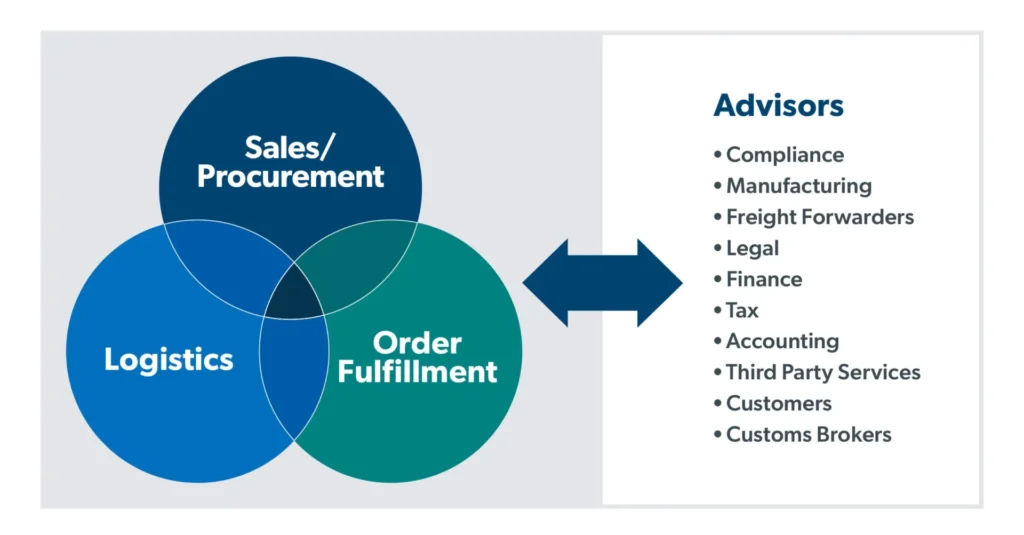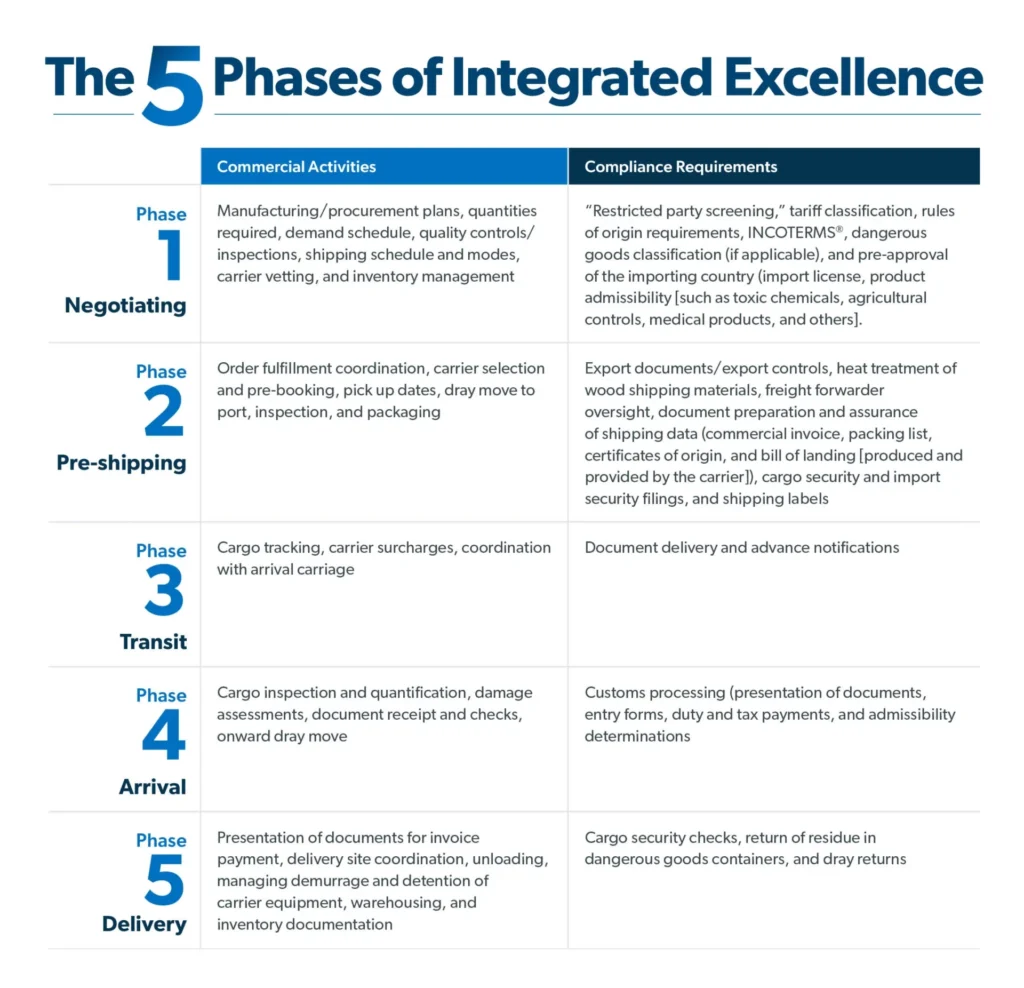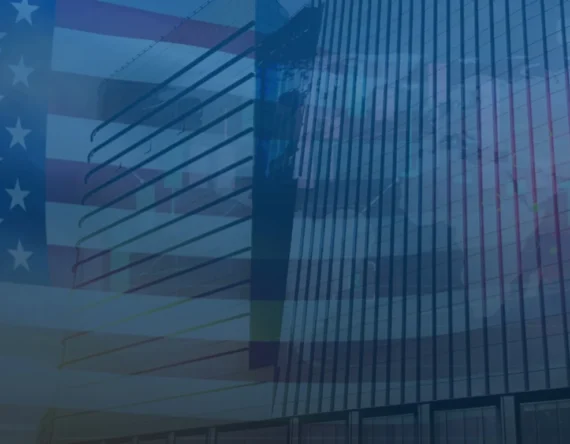Many organizations invest significant resources in developing comprehensive trade compliance programs, mapping out risk assessments, creating policies, and establishing governance structures. Yet despite these efforts, they often struggle with implementation, finding themselves caught between commercial pressures and compliance requirements.
The question isn’t whether you need a trade compliance program—it’s how to make it work seamlessly within your business operations.
Beyond Compliance: The Transactional Excellence Imperative
The answer lies in what we call transactional excellence—a methodology that fundamentally shifts how organizations think about compliance. Rather than treating compliance as a separate function that creates friction with commercial activities, transactional excellence integrates compliance seamlessly into every aspect of cross-border trading.
This approach recognizes that sustainable compliance isn’t achieved through periodic audits or reactive problem-solving. Instead, it requires embedding compliance considerations into the DNA of commercial operations, creating a system where doing business the right way is simply how business gets done.

Transactional excellence operates across five critical phases of international trade, each requiring careful coordination between commercial objectives and compliance requirements:
The Human Element: Roles and Responsibilities
Transactional excellence isn’t just about processes—it’s about people. Success requires clear definition of roles, responsibilities, and decision rights across the organization. This means breaking down traditional silos between commercial and compliance teams, creating shared accountability for outcomes rather than functional handoffs that create gaps and finger-pointing. Additionally, leadership should champion compliance as not a cost-center, but a value-driver.
The most successful organizations establish cross-functional teams with clear ownership of end-to-end transactions. They invest in training that helps commercial professionals understand compliance implications and helps compliance professionals understand business impact. They create communication protocols that ensure real-time information sharing and collaborative problem-solving.
The Foundational Questions
To achieve consistent transactional excellence, organizations must honestly assess their current state across several dimensions:
- Commitment and Resources: Is leadership truly committed to transactional excellence, backed by adequate resources and investment?
- Comprehensive Coverage: Are all commercial and compliance aspects being considered together, or are there gaps where requirements fall through the cracks?
- Clear Accountability: Do team members have unambiguous decision rights and expectations? When issues arise, is it clear who owns the problem and the solution?
- Performance Measurement: Are you measuring what matters, with indicators that capture both compliance effectiveness and commercial impact?
- Continuous Improvement: Are systems in place to learn from experience, adapt to changing requirements, and continuously enhance performance?
The Path Forward
Organizations that master transactional excellence don’t just achieve compliance—they turn it into competitive advantage. They reduce delays, minimize unexpected costs, and build stronger relationships with customers, suppliers, and regulatory authorities. They create resilient supply chains that can adapt to changing trade policies, geopolitical shifts, and market disruptions.
The journey from having a trade compliance program to achieving transactional excellence requires commitment, investment, and cultural change. But for organizations willing to make that commitment, the rewards extend far beyond compliance. They create supply chains that are not just compliant, but optimized for sustainable growth in an increasingly complex global trade environment.
The question isn’t whether you can afford to pursue transactional excellence—it’s whether you can afford not to. In a world where supply chain disruptions can make or break businesses, the organizations that integrate compliance seamlessly into their commercial operations will be the ones that thrive.
If you have any questions or would like to find out more about this topic please reach out to Jonny Frank, Eric Hines, Snežana Gebauer, or Jerry McAdams.
To receive StoneTurn Insights, sign up for our newsletter.








